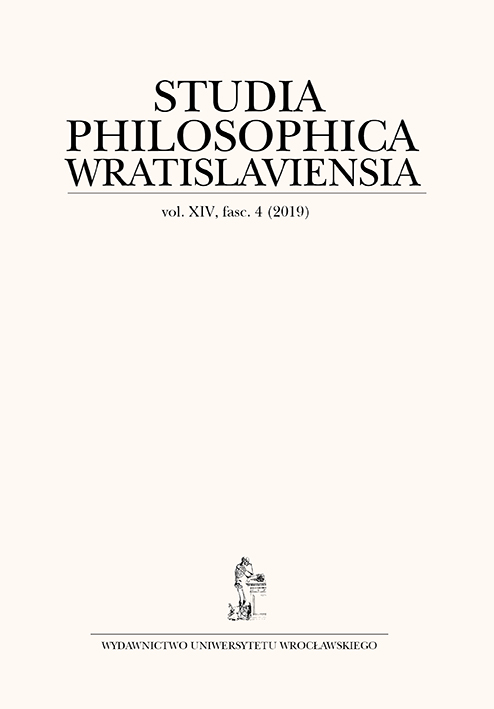

Articles

The Ontological and Epistemological Assumptions of Montaigne’s Scepticism
Montaigne is widely regarded as one of the most significant sceptics of the 16th century. His most important work, Essays, had a great impact on the thinkers of the 16th and 17th centuries, in particular on the philosophy of Descartes. The article presents Montaigne’s critique of senses and reason as sources of human knowledge. The elements of his scepticism that went beyond the sceptic arguments of ancient thinkers has been emphasized. The negative role of his ontological variabilism in knowing things has been underlined. As a result of the total criticism of the possibilities of human cognition made by the author of the Essays, attention has been paid to the non-sceptical type of the question posed by him: “What do I know?” “Que sais-je?”. The answer to this question led him to fideism in cognition. At the end of the article, an attempt has been made to indicate Montaigne’s main epistemological and metaphysical assumptions that contributed to the problem of cognition. It has also been highlighted in what way the understanding of reason, method, and, above all, self became for Descartes, unlike Montaigne, the foundation of certain knowledge.